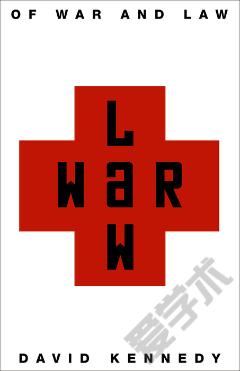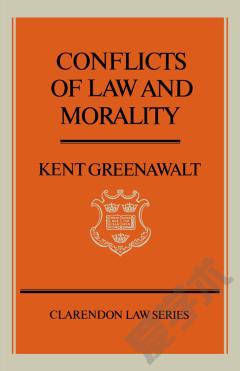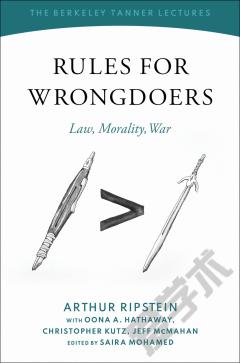Law and Morality at War
Through a critical engagement with Jeremy Waldronâs work, as well as the work of other writers, I offer an account of the relative scope of the morality of war, the laws of war, and war crimes. I propose an instrumentalist account of the laws of war, according to which the laws of war should help soldiers conform to the morality of war. The instrumentalist account supports Waldronâs conclusion that the laws of war justifiably prohibit attacks on civilians even if it turns out that some civilians lack a moral right not to be killed. Importantly, the instrumentalist account also offers what Waldron thinks impossible: a non-consequentialist defense of the failure of the laws of war to prohibit the killing of nonthreatening combatants. Finally, I argue that new war crimes can be broader than the morality of war as well as established laws of war and that many of the arguments for defining war crimes more narrowly than either the morality of war or the laws of war are unconvincing. In all of these ways, I hope to carry forward Waldronâs project of exploring the relationship between law and morality in war.
{{comment.content}}








 京公网安备 11010802027623号
京公网安备 11010802027623号